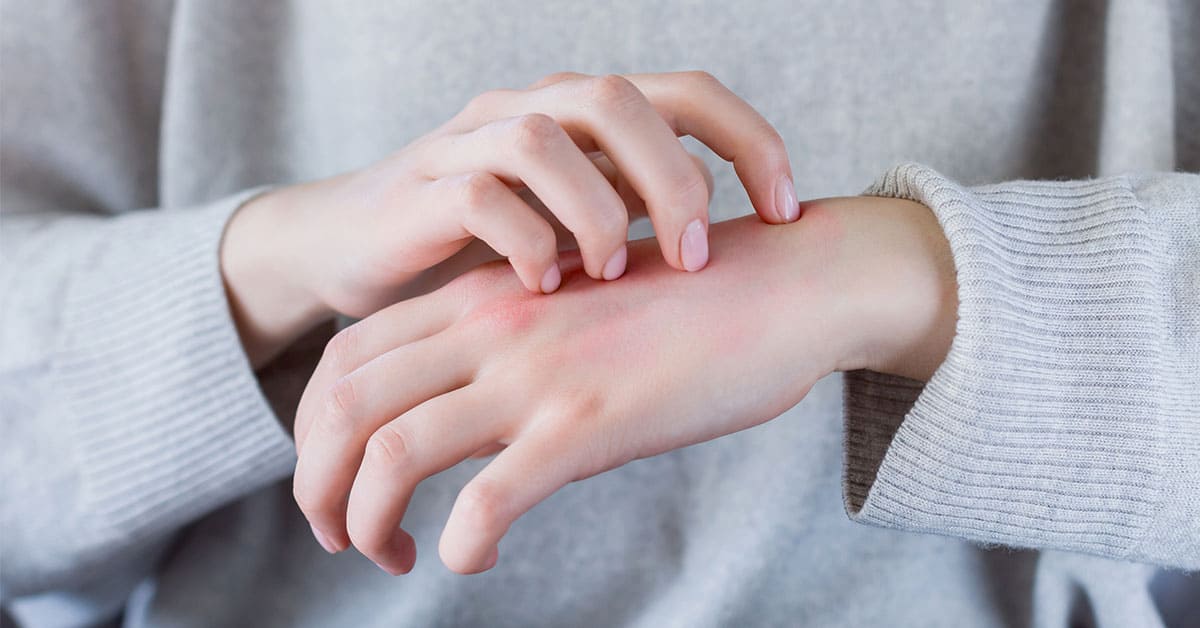Five Major Symptoms of Plaque Psoriasis
Plaque psoriasis commonly affects older adults, with increasing prevalence as individuals age.Studies indicate that approximately 2-3% of the elderly population may suffer from psoriasis, making it crucial to recognize and address this condition. 1. Red Patches of Skin: These are typically found on the elbows, knees, scalp, and lower back. 2. Silvery Scales: The red patches often have thick, silvery-white scales that may flake off. 3. Dry, Cracked Skin: The affected areas may become dry and fissured, leading to discomfort. 4. Itching and Burning Sensation: Many individuals experience itching, which can worsen over time. 5. Nail Changes: Psoriasis can also affect nails, causing pitting, discoloration, or separation from the nail bed.
Impact of Plaque Psoriasis
1. Health Risks Plaque psoriasis is associated with several health risks, including an increased likelihood of developing other conditions such as cardiovascular disease, diabetes, and depression. Managing psoriasis is vital to overall health. 2. Aesthetic Concerns The visible nature of psoriasis can lead to self-esteem issues and social withdrawal, particularly among seniors who may already face challenges in maintaining their appearance. 3. Non-Contagious Nature It's important to note that plaque psoriasis is not contagious. Understanding this can help reduce stigma and encourage those affected to seek treatment. 4. Lifestyle Limitations The symptoms can significantly impact daily activities, making it difficult for individuals to engage in social events or pursue hobbies they enjoy.
Effective Treatment Options for Seniors
While there is no cure for plaque psoriasis, several effective treatment options can help manage symptoms, particularly for seniors: 1. Topical Treatments: Corticosteroids, vitamin D analogs, and retinoids can be effective for mild to moderate cases. These treatments can help reduce inflammation and scaling. 2. Phototherapy: Controlled exposure to ultraviolet light can help alleviate symptoms. This method is particularly beneficial for older adults, as it offers a non-invasive option. 3. Systemic Medications: For more severe cases, oral or injected medications such as methotrexate, cyclosporine, or biologics may be prescribed. These treatments target the immune system to reduce the severity of psoriasis. 4. Lifestyle Modifications: Encouraging a healthy lifestyle, including a balanced diet, regular exercise, and stress management, can play a crucial role in managing symptoms. 5. Support and Education: Connecting with support groups or healthcare professionals who specialize in dermatology can provide valuable resources and emotional support for seniors coping with psoriasis.
In Conclusion
Plaque psoriasis can significantly impact the lives of older adults, but with proper understanding and treatment, individuals can manage their symptoms effectively. If you are experiencing signs of plaque psoriasis, consult a healthcare professional to explore the best treatment options tailored to your needs. Taking action today can lead to a healthier and more fulfilling life.


